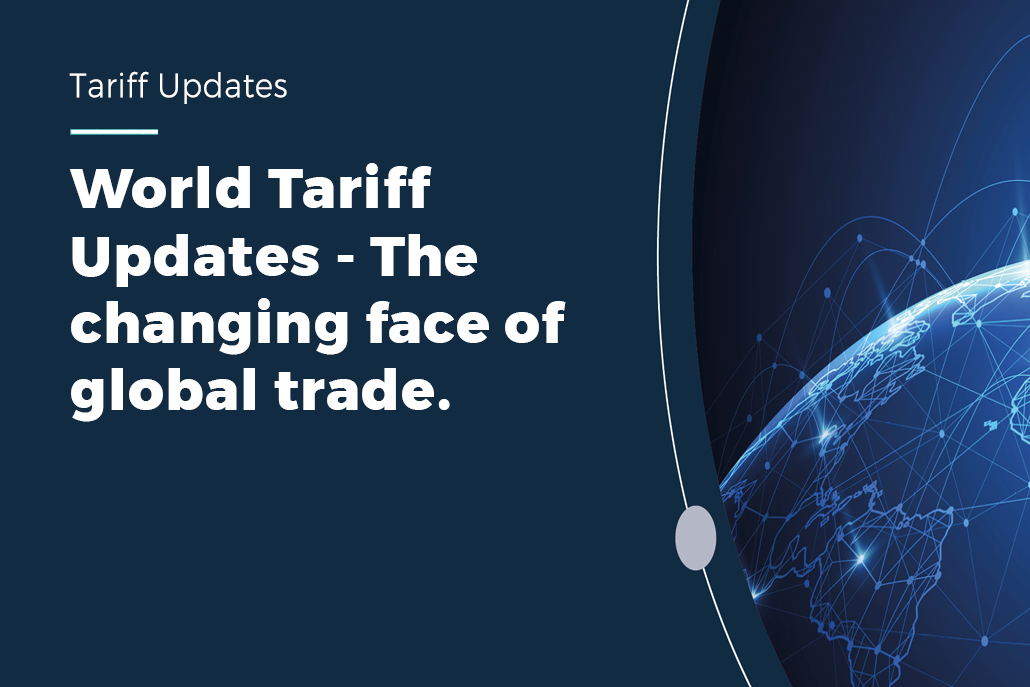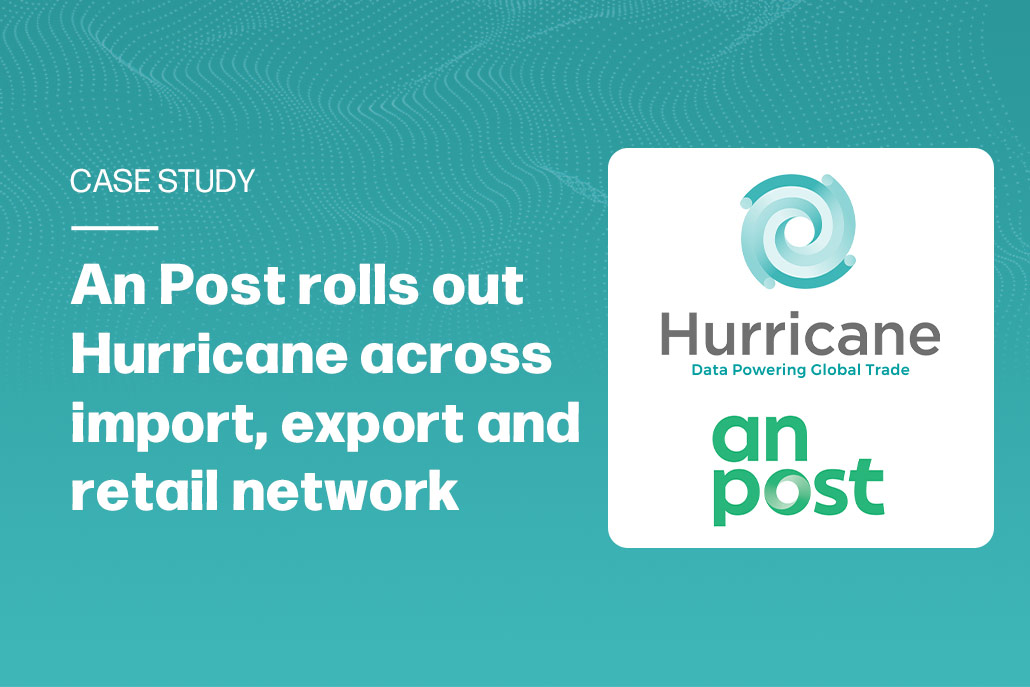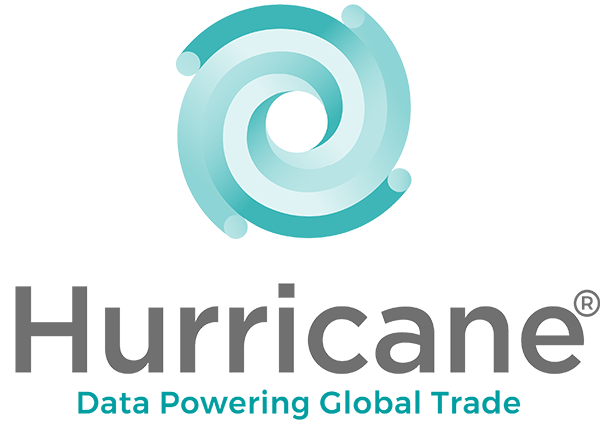The subject of having complete, accurate and verifiable data was a central theme at this year’s U.S. Customs and Border Protection 2023 Trade Facilitation and Cargo Security (TFCS) Summit.
Hurricane Commerce’s compliance expert Maureen Cori was among more than 1,200 delegates who attended the annual event, held between April 17-19 in Boston.
Delegates had travelled from across the globe for the event with representatives from all sectors, ranging from cosmetics to steel, public and private sector along with various government agencies.
The focus of the conference was on security, enforcement of forced labour and fostering integrity through partnerships around the world.
A packed three-day schedule included thought-provoking sessions covering areas such as cybersecurity, de minimis challenges, eCommerce and forced labour.
The urgent requirement to enhance data within eCommerce was a major topic of discussion.
In 2017, CBP handled 289 million eCommerce shipments, but in 2022 this figure had leapt to over 770 million shipments and this doesn’t include postal shipments which are measured differently.
CBP wants to see an accurate record of exactly what is being shipped with complete and valid data sets.
A session looking at ‘De minimis challenges and solutions’ revealed that the volume of de minimis goods (goods with a value of less than $800) had increased by 410% since 2019. Entry Type 86 is a commonly used mechanism for the importation of such items into the United States. Two million items are imported this way every day.
The general view was that the increased adoption of technology and data solutions is pivotal. Hurricane’s AI-driven, real-time solutions have the capability to help make this a reality.
Another major focus was around forced labour and the requirement for all parts of the supply chain to ensure that forced labour has not been used in the manufacture of goods being shipped from the Uyghur region.
The conference examined the Uyghur Forced Labour Prevention Act (UFLPA) and how this has changed how agencies tackle the elimination of forced labour. The burden of proof is on the importer to know its supply chain deep down into multi-tier.
Various CBP experts shared their perspectives on the operational implementation of forced labour enforcement, changes to the Customs Trade Partnership Against Terrorism (CTPAT) program, and best practices from CBP’s Centers of Excellence and Expertise (CEE).
Maureen said: “The overlaying theme of the conference was data – data security, data for forced labour, data technology and the need for continual investment in data and wider technologies.
“eCommerce has been a game-changer, as evidenced by the exponential growth figures, and utilising data technologies – particularly those that are non-intrusive and enable trade to keep flowing – are going to become ever more critical.
“The conference didn’t just limit itself to what’s happening today. There was also a session around the need for Trade and Customs to look further into the future and what trading with space will look like, providing new questions around data efficiency and innovation across the supply chain.”














